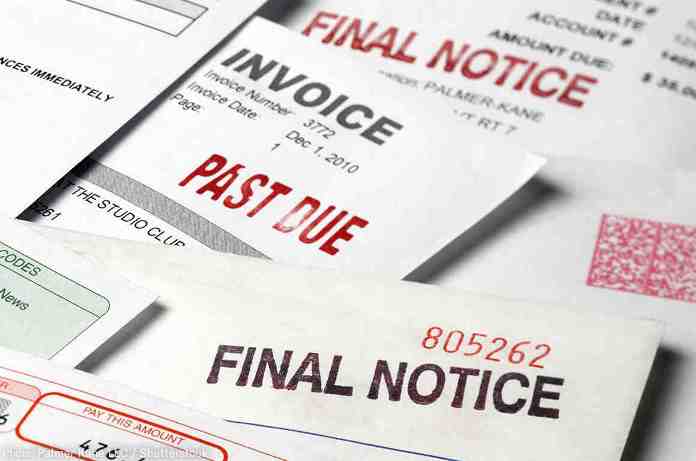Debt collection agencies must follow strict laws to collect debts. Too often, their threats lead to legal action. Unless the creditor takes legal action, the agencies cannot seize assets. They must use legal action to collect the debts, and the agencies must follow all current laws.
1. Can Debt Collectors Seize Your Assets?
Yes, if the creditor has filed a lawsuit and been granted a monetary judgment, they can seize assets to get their outstanding balances. The creditors can also seize assets after the debtor has died and their assets are in the process of probate. The creditor cannot seize assets without acquiring the right to through the court. Debtors who are facing asset seizure can get more information here now.
2. Is It Legal for Collection Agencies to Investigate Your Location?
Yes, the collection agencies can launch an investigation to find the location of the debtor. They can use public records to track existing utility accounts, bank accounts, and information from post offices. The creditor can conduct a credit assessment to determine if the debtor has filed any loan applications or opened any new lines of credit.
3. Can The Debt Collectors Access Your Bank Accounts?
The debt collectors cannot access a bank account without the legal right. They must get permission through the court to garnish the debtor’s assets. They cannot simply take money from the debtor without the legal authority to do so. Once they have seizure rights, they can take only the amount owed to them.
4. What Happens If the Collection Agency Applies a Lien on Your Assets?
If the collection agency applies a lien against an asset, the owner cannot sell the asset without paying the creditor first. If they are granted permission to sell the asset, all proceeds owed to the creditor must be settled first, and the owner won’t receive any money until their debt to the creditor is paid in full.
5. Can a Debt Collection Agency Garnish Your Wages?
Yes, if they receive a legal judgment through the court to garnish wages, the debt collection agency can acquire payments from the debtor’s wages. However, the percentage allowed is around 20% of their pay. The collection agency cannot seize the debtor’s entire paycheck until the debt is paid.
6. Can Debt Collectors File a Lawsuit Overseas?
Yes, a debt collector can file a lawsuit to collect from the debtor in another country. If there is a judgment that requires payment, the same judgment follows the debtor to another country, and they are still subject to the same legal action.
7. Is It Legal For Debt Collectors to Threaten Debtors?
No, it is not legal for a debt collector to threaten the debtor. A collection agency cannot make any threats, even threats to take legal action. These scare tactics are illegal and are taken seriously by the court.
8. Are Debt Collectors Allowed to Increase the Balance of the Debt?
When a debt collection agency purchases a debt from an original creditor, they often increase the balance of the debt to cover their losses. The debtor is not responsible for any balance beyond the amount of the original debt.
9. Is It Legal for Debt Collectors to Take Assets Without A Lien or Legal Action?
No, they cannot take any assets without permission or authority provided by the court.
Debt collection agencies often use tactics to collect debts. However, the agencies must follow strict laws for collections and communicating with debtors. The law protects debtors from harassment and unlawful asset seizure.
